100 Maths Framework Lessons: Year 6
This product is not currently available.
To help you find what you're looking for, see similar items below.
Rated 5/5 from 20 ratings
1 review (Add a review)
Delivery information
- FREE ROI postage on orders €40 or over
- €8 postage charge on ROI orders
under €40
Book Club orders
- FREE postage to schools*
- Books will be despatched after the school's order is confirmed
ROI postage within 8 working days
Postage charges and times vary for overseas addresses
Delivery information and refund and returns policy
*Excluding border charge
Product description
Best-selling resources to support you with the Renewed Maths Framework with interactive activities on CD-ROM for your interactive whiteboard.
- Provides you with all the planning and lesson ideas to teach the Renewed Maths Framework.
- Ongoing assessment ideas and activities to keep your children on track and monitor progression.
- Extend and support more and less confident pupils with ideas for further work.
- Supports maths teaching and learning with a set of unique interactive whiteboard tools including interactive number grids, graphing tools and clocks.
- The CD-ROM allows seamless differentiation between core, support and extension worksheets. Templates are also provided so you can customise to your own requirements!
Product Details
Series
Format
Paperback
ISBN
9780439945516
Date published
June 4th, 2007
Other details
- 224 pages
Condition
New

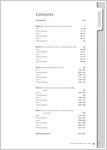


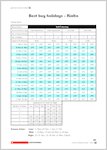
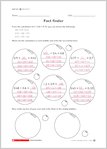
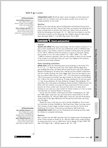
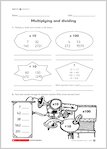
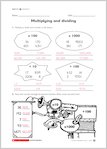
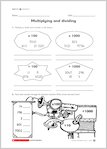
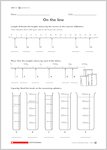
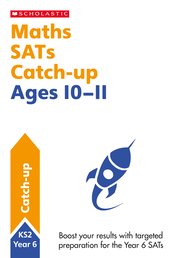
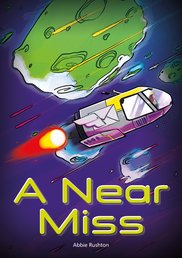

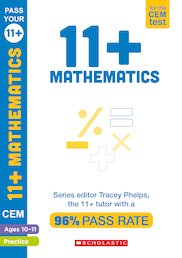
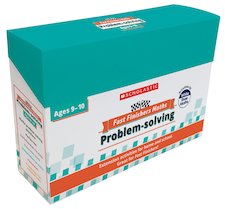
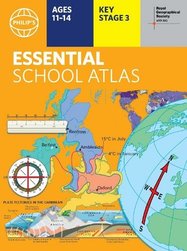
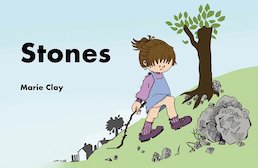
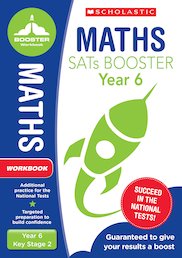

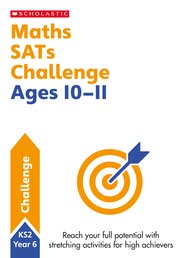
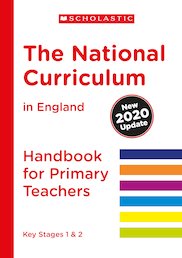
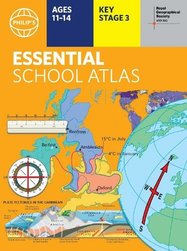
Sarah Clayton
on 25 February 2008
100 Maths Framework lessons
• The innovative nature of the resource
This book tackles making sense of the changes that the Framework will bring into the classroom. It is an excellent starting place to look for guidance. It contains useful objective overviews of the blocks (A-E) so that you can see at a glance what you will need to cover during the whole block over the three terms. It has editable lessons planned so that you can use the frame to take your “best practice” with you rather than reinventing the wheel. It is great that the CD has a huge number of resources ready for you to use – and they are not hard to learn to use either – even if you are still a bit wary of either computers or IWB’s!
• The impact on learning and the work of the teacher in the classroom, to what extent and in which areas
The children love using the IWB and even the most reluctant of children enthuses over “having a go” with the effective but fun, bright, colourful and easy to use files and resources provided here. This means that the children stay focussed and will remember more easily the teaching that takes place and develop the skills necessary to embed the learning.
Teachers spend hours planning and here is a resource that will lighten the burden by making it easier. It includes references to the 1999 and 2006 framework objectives too which make it easier to move across and adapt successful ideas. It will save hours of time and help redress the work-life balance.
• How the resource supports or enhances the everyday life or work of teachers, pupils or school
The CD that accompanies the book contains many resources ready for use and adaptation to fit with your lesson. For instance multiplication grids for use on the IWB that you can change the size of and hide numbers and patterns (a real time saver for teachers when you know you have one somewhere but just can’t find it!) It has PCM that are available for core learning and differentiated for support and more-able learning groups. The more-able work is particularly good as it doesn’t just change the numbers but extends their learning.
• Cost effectiveness in terms of educational aims and results - not just price.
This resource provides a huge amount to teachers in the way of ideas, resources, guidance, differentiated planning, tracking of pupils and time released in an essential area of the curriculum.
* An area of disappointment is with the assessment materials – I had hoped that the book would contain guidance on assessing where exactly the children are on the “prior learning” as the whole Framework hinges on starting from where the children are rather than assuming they are where they should be.